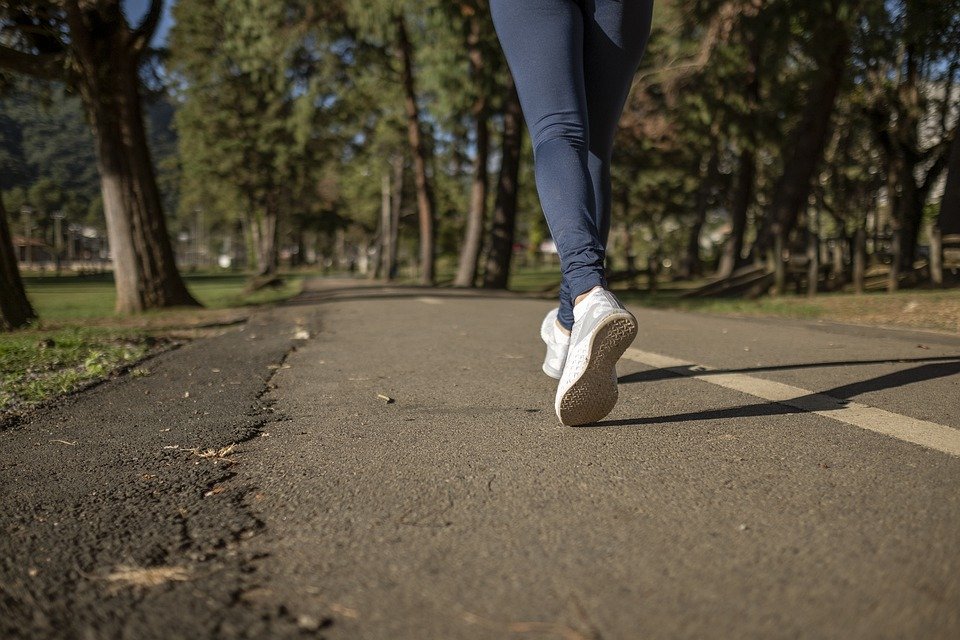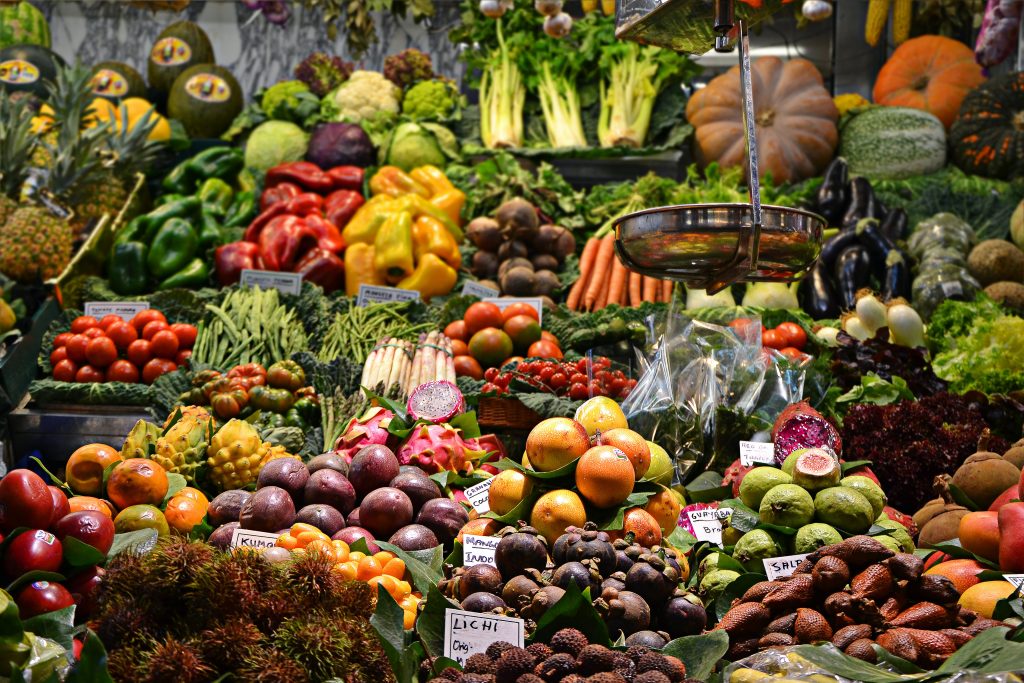8 Golden Rules of Anti-Overeating Strategy
Many people complain that they have gained weight as a result of the corona crisis.
Staying at home all day, they fell out of the usual hectic pace and rushed for food.

It’s harder to resist the temptation when the kitchen and pantry are constantly available, even more so as Western society promotes food as a source of security, pleasure and consolation. So we often nibble and chew something trying to get rid of worries and problems or even we eat just because we are bored.
1.Start Moving
To put an end to overeating, get started, literally. Physical activity is great not only for burning excess fat, but also reducing tension and improving mood. Exercise fills our batteries with positive energy, so we are less prone to cravings for unhealthy snacks. If possible, go outside for at least half an hour. Natural light and fresh air are excellent energy boosters, among other things because they have a beneficial effect on metabolism and balance the rhythm of wakefulness and sleep.
2.Think about sleep hygiene
Sleep is crucial for health, and thus for the balance of feelings of hunger and satiety. Numerous studies have found a link between sleep deprivation and obesity (as well as many other disorders and diseases). Therefore, if at all possible, do not stay awake until late at night.
3.Eat more often but less
Establishing a so-called meal structure is also a good anti-overeating strategy. More frequent and smaller meals throughout the day constantly provide energy and reduce excessive cravings. The following combination is most often recommended: a balanced and moderate breakfast, lunch and dinner, plus two smaller snacks that prevent bouts of fatigue and hunger in the periods between main meals. Try to eat calmly and slowly so that you can digest the food.
4.Choose fresh and varied
Give priority to fresh, preferably locally grown foods. Eat a variety of: primarily vegetables and fruits, and (depending on preferences and health status) whole grains, dairy products, fish, meat, eggs, nuts, seeds, cold-pressed oils (e.g. olive, pumpkin, sunflower), herbs… In any case, let the meals be colorful and as natural as possible.

5.Choose healthy snacks
If snacks are your biggest temptation, find a healthier alternative among the foods listed above. For example, keep at your fingertips fresh or dried fruit (but without sugar), vegetables cut into sticks in combination with hummus, nuts and the like.
6.Avoid industrially processed foods
As much as you crave for refined or industrially processed food, it is an undeniable fact that it is the worst choice. It is full of sugar, fat and salt, often in a “hidden” form. Plenty of salt is found in foods that we do not perceive as salty, such as wafers, ketchup, ready-made soups, salad dressings… Sugar is also found in many dried meat and canned products, bread, potato chips, cereals…
7.Choose natural sugar substitutes
There are many products on the market that are said to be sugar-free, but this very often means that they contain artificial sweeteners. They are not recognized by the human body as food, and have been scientifically proven to have a detrimental effect on metabolism. The best natural sugar substitutes are those with a low glycemic index: cereal malts (e.g., rice and barley malt), agave syrup, and stevia.
8.Watch what you drink
Natural drinks are great allies against overeating and obesity. Drink water, light herbal teas and freshly squeezed fruit and vegetable juices, and avoid sugary and carbonated beverages.

An adult needs one and a half to two liters of fluid a day (approximately eight glasses of water). Hydrating the body is a simple and effective way to strengthen your immunity, have more energy and avoid headaches and fatigue.


